
Dirty Dealing
The Untold Truth about Global Money Laundering, International Crime and Terrorism
Read or listen offline
Amazon KindleRecommendation
The subtitle of this book promises the "untold story" of dirty international financial dealings. That’s not quite what it delivers, because the book compiles already-published accounts, public reports and Congressional testimony, and adds to them. Given that money laundering involves drug dealers, terrorists and slavers, the book has some titillating asides about sex, violence and filthy money. Author Peter Lilley explains precisely how money laundering works, including an introduction to the practices and techniques that have proven most successful. While praising the author’s reportorial depth, getAbstract notes one dilemma that emerges from such thoroughness: we hope this book doesn’t fall into the hands of someone who wishes to take up money laundering but is unsure how to proceed. Business people who want to avoid being victimized should take particular note of the chapter discussing well-known checks-and-balances, controls and best practices.
Summary
About the Author
Peter Lilley has been involved in the prevention, detection and investigation of global business crime and money laundering for 20 years in a variety of senior roles. He now advises a wide range of organizations on how to fight these problems through his firm, Proximal Consulting. He is the author of Hacked, Attacked and Abused.









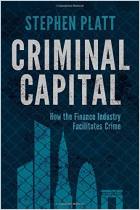
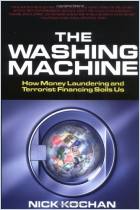
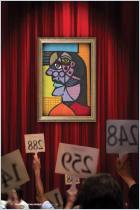
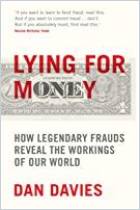
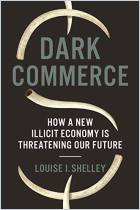
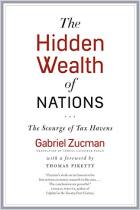










Comment on this summary or Start Discussion